Gen. O Kuk Ryol (1930-2023)
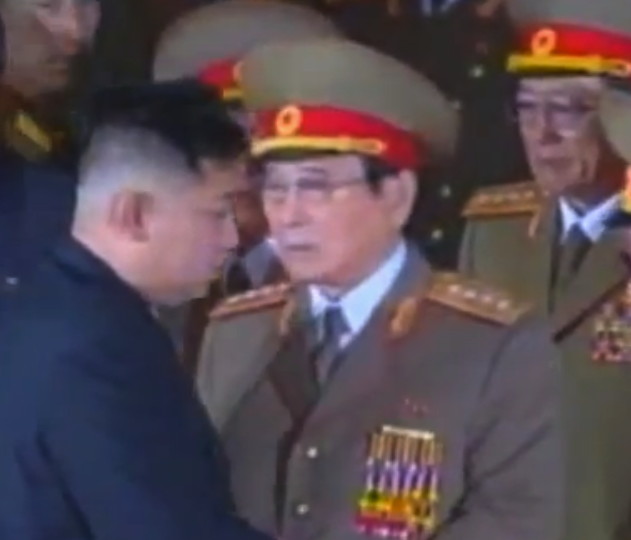
Kim Jong Un shakes hands with Gen. O Kuk Ryol during a viewing for late DPRK leader Kim Jong Il in December 2011 (Photo: KCTV)
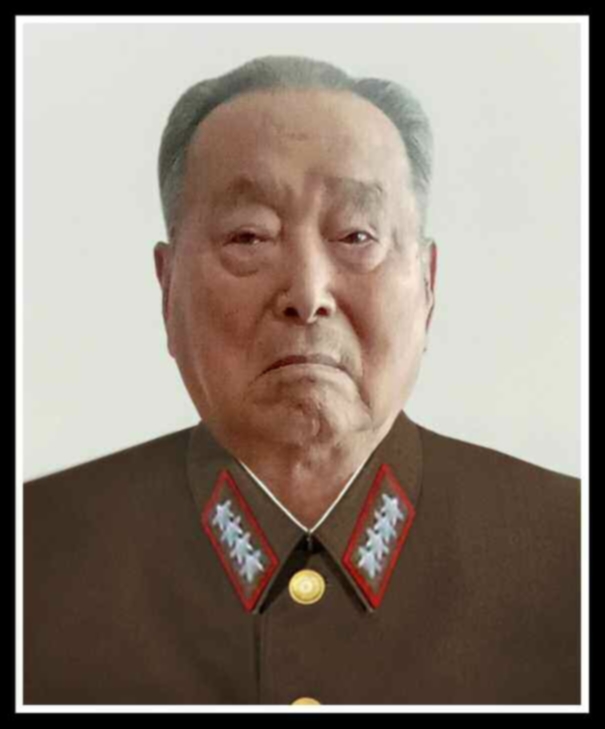
Gen. O Kuk Ryol (O Kuk-yo’l), a retired former senior national security official and close adviser and friend of late DPRK leader Kim Jong Il (Kim Cho’ng-il), died of heart failure on the morning of 9 February in Pyongyang. He was 93 years old. Gen. O was North Korea’s first military modernizer and contributed to developments in the DPRK’s defense industry and intelligence community.
O Kuk Ryol joined the Korean People’s Army [KPA] Air Force and served in the Korean (Fatherland Liberation) War. He attended Kim Il Sung University, the (Russian) Air Force Academy (currently known as the Gagarin Air Force Academy) and Frunze Military Academy. He began his official career around 1964 at the Kim Ch’aek Air Force Academy. He was elected a member of the Workers’ Party of Korea [WPK] Central Committee during the 5th Party Congress in 1970. Gen. O served as vice commander and commander of the KPA Air Force. In 1977, he was appointed director of the KPA General Staff Operations Bureau and 1st Vice Chief of the KPA General Staff.
In 1979, O was appointed Chief of the KPA General Staff and elected an alternate (candidate) member of the WPK Political Bureau. During the 6th Party Congress in October 1980, O was upgraded to full Political Bureau membership and elected a member of the Party Central Military Commission [CMC]. From this position, he advocated for modernization policies in North Korea’s armed forces including expanded development (and technology exchanges) of ballistic missile and WMD assets. O was instrumental in the founding of the Mirim Electronic Warfare Institute; the establishment of the Mirim Institute would facilitate the DPRK’s development of its cyberwarfare units.
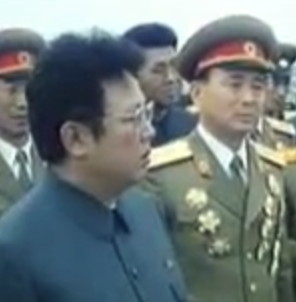
As Chief of the KPA General Staff, Gen. O was highly respected within the KPA. He was also a leading member of the second generation of North Korean elites and formed close political and social ties with other rising stars and Korean War veterans in the KPA during the 1980s such as Kim Tu Nam (1930-2009), Kim Yong Chun (1936-2018) and Kim Myong Guk (1940-2016). O and his cohorts bucked under the authority and engaged in policy and turf disputes with the formal head of the KPA, MAR O Jin U (1917-1995) and senior officials of the KPA General Political Bureau. In 1988, Kim Il Sung and Kim Jong Il sided with O Jin U and O Kuk Ryol and his cohorts were removed from office and sent down for political education. Gen. O was assigned to the KIS Higher Party School for the routine six-month course of study. According to several defector accounts, O could be seen walking the many miles from his home to the Higher Party School, or riding the city bus.
In 1989, O Kuk Ryol was appointed director of the WPK Civil Defense Department. In 1992, he was appointed director of the WPK Operations Department, a Central Committee Department tasked on intelligence collection and special activities. O led the Operations Department until 2009 when it was consolidated with other elements of the North Korean intelligence community [NKIC] into the KPA Reconnaissance General Bureau. He was appointed Vice Chairman of the National Defense Commission [NDC], the DPRK’s former supreme power organization, in February 2009.
As NDC Vice Chairman, O nominally headed the NKIC and served as a key military advisor to late leader Kim Jong Il. During his tenure, according to one account, O experienced problems managing then-RGB head Kim Yong Chol (Kim Yo’ng-ch’o’l) and reportedly remarked that he would “put his hand” to Kim Yong Chol. During his tenure at the NDC, virtually all military command positions in the KPA were made with Gen. O’s consultation. Gen. O also became directly involved with the DPRK’s foreign currency earning enterprises through his son-in-law So Ho Won (So Ho-wo’n).
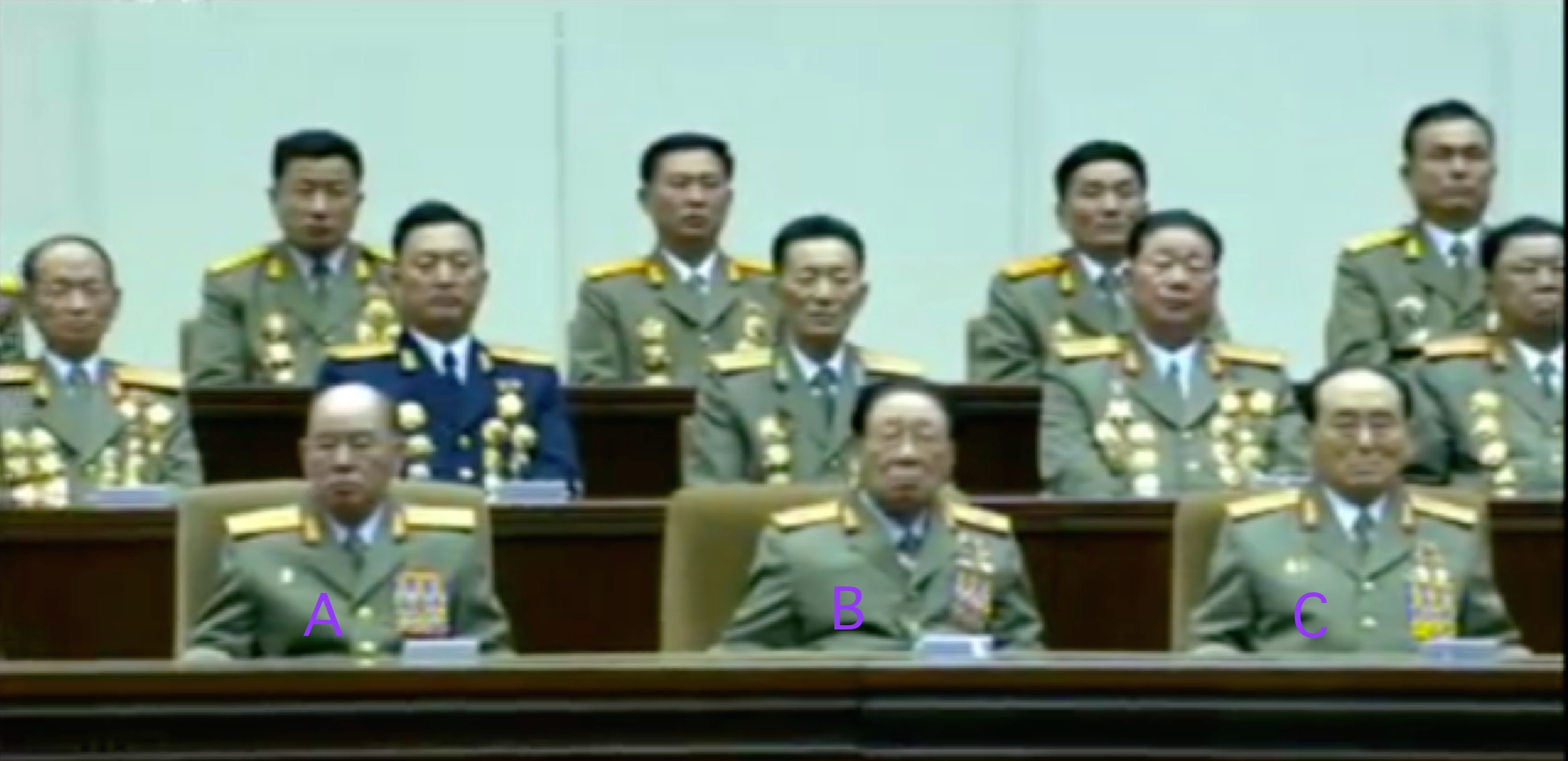
Former Chief of the KPA General Staff General Ri Myong Su (A), National Defense Commission Vice Chairman VMar Ri Yong Mu (B) and National Defense Commission Vice Chairman General O Kuk Ryol [C] on the platform for the central report meeting marking KJI’s birthday (Photo: KCTV screen grabs).
O’s role in KJU’s succession, including an allusion to a lack of elite loyalty for KJU’s succession and power transition is mentioned in the joint obituary disseminated in state media: “…during the important historic period of succession to the revolutionary cause of Juche, set an example in remaining faithful to the leadership of the respected Comrade Kim Jong Un as a veteran cadre of the Party and state and thus made a great contribution to strengthening the national power and victorious advancing socialist construction.”
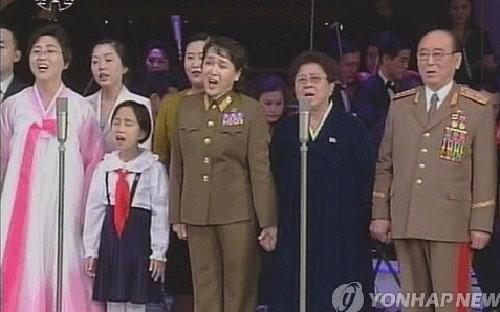
Gen. O Kuk Ryol with his children and grandchildren in March 2012 (Photo: KCTV-Yonhap)
O Kuk Ryol remained in office through 2016. Despite appearing on leadership platforms, both as an active and retired elite, he still cut a modest and reticent public figure. O’s effective promotions included Major General in 1968, Colonel General in 1980 and General in 1985.
O was born in Jilin Province, PRC (at that time Manchuoko under IJA occupation) around 1930. He was related to DPRK heroes O Jung Hup and O Chong Song, but was orphaned during the war. He was a member of the first graduating class of the Mangyo’ngdae Revolutionary School and was looked after by Kim Il Sung and Kim Jong Suk. O was a core member of the DPRK elite, part of the Partisan Plus cohort. O was highly intelligent, humble in personality and highly loyal to the Kim Family. In contrast to other top Pyongyang elites, O had a modest home life and largely avoided close aide banquets and parties. O was the father of six children, some of whom appeared with him on a March 2012 KCTV variety show.
The WPK Central Committee and DPRK State Affairs Commission issued a joint obituary:
O Kuk Ryol was a revolutionary fighter who remained faithful to President Kim Il Sung and Chairman Kim Jong Il and a veteran revolutionary who made a contribution to the sacred cause for developing our Party and state and firmly consolidating the national defense capability under the great trust of the respected Comrade Kim Jong Un.
Born into a family of a revolutionary in the period of the Japanese imperialists’ colonial rule over Korea, he suffered all sorts of persecution and maltreatment in an alien land.
Under the bosom of the President after the liberation of Korea, he grew up to be a backbone carrying on the lifeblood of the revolution at Mangyo’ngdae Revolutionary School.
During the Fatherland Liberation War, he destroyed the US imperialist air pirates to fully display the indomitable spirit and bravery of the heroic Korean People’s Army (KPA) as a competent commanding officer of the Air Force, thus making a contribution to bringing about a war victory.
Thanks to the great political trust of Kim Il Sung and Kim Jong Il, he was honored of being a general officer at his thirties.
He made a great contribution to thoroughly implementing our Party’s Chuch’e-oriented idea and line on the army-building and rapidly increasing the KPA’s fighting efficiency while consecutively working as vice-commander and commander of KPA Air Force, first vice-chief of the KPA General Staff and director of its Operation Department and chief of the General Staff.
He, who had worked at a responsible post of the Party Central Committee for a long period, assumed a heavy responsibility of vice-chairman of the National Defense Commission during the important historic period of succession to the revolutionary cause of Chuch’e, set an example in remaining faithful to the leadership of the respected Comrade Kim Jong Un as a veteran cadre of the Party and state and thus made a great contribution to strengthening the national power and victorious advancing socialist construction.
He remained loyal to the cause of our Party till the last moment of his life and was respected by the Korean people and service personnel for his transparent revolutionary principle and simple and honest traits.
He worked hard to strengthen our state and army and promote the people’s well-being, upholding the revolutionary cause of Chuch’e with his cleanest and purest loyalty to the leader and invariable faith and conscience as befits the descendant of a loyalist of the first generation of the revolution. Thanks to his prominent feats, the name of the revolutionary and patriotic family put forward by the Party has shined further.
Though he passed away, the devoted efforts and feats he made for the Party and the revolution and the cause of building a powerful socialist country will remain long.